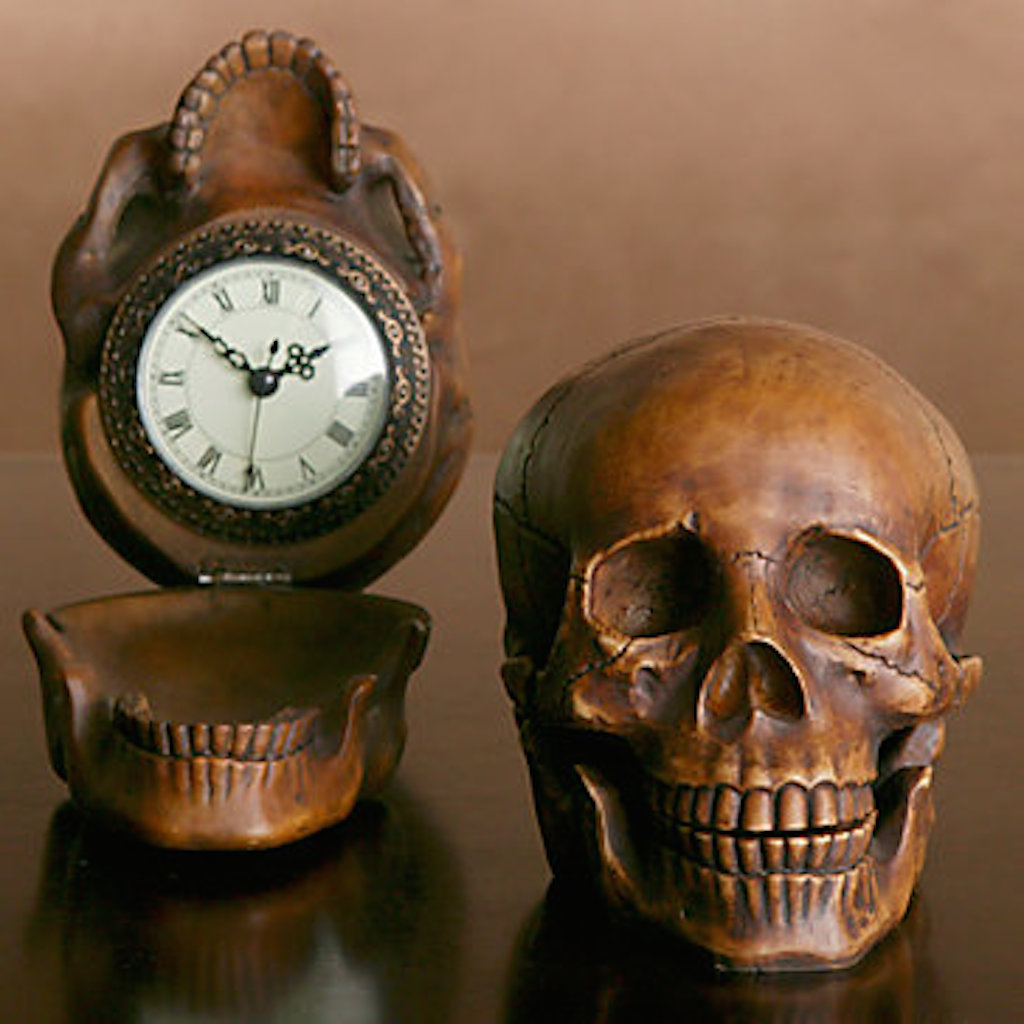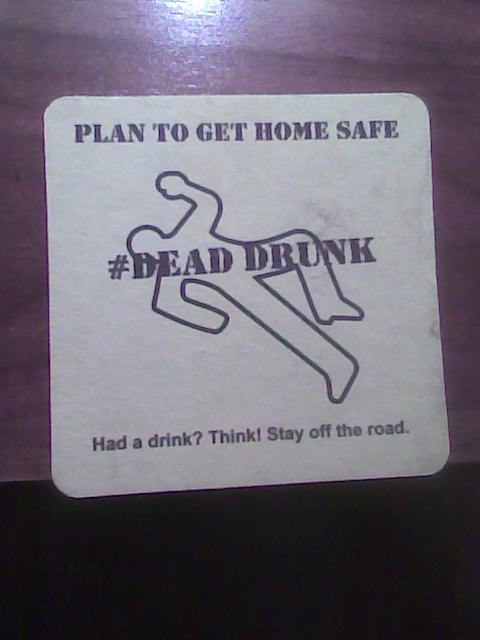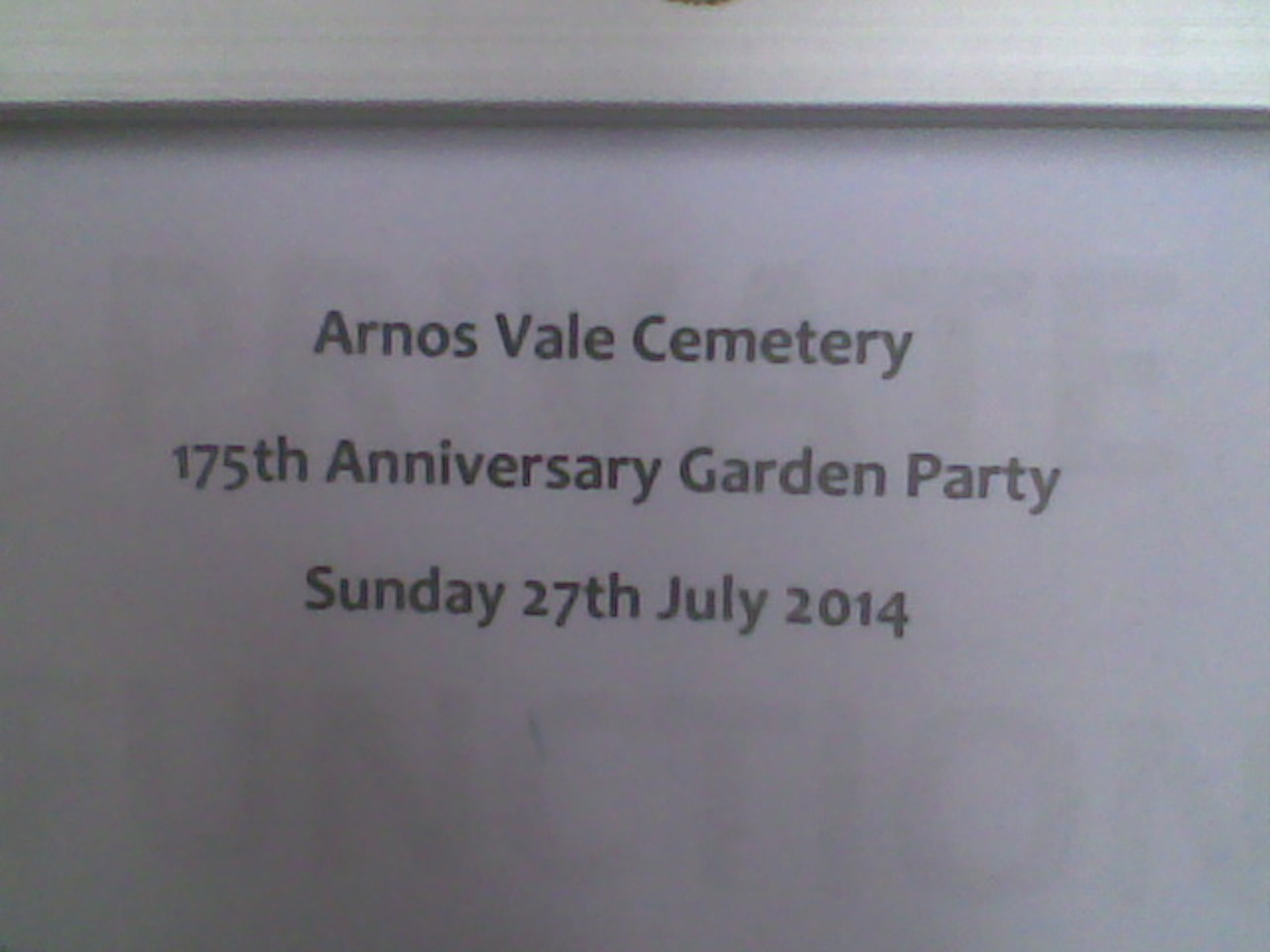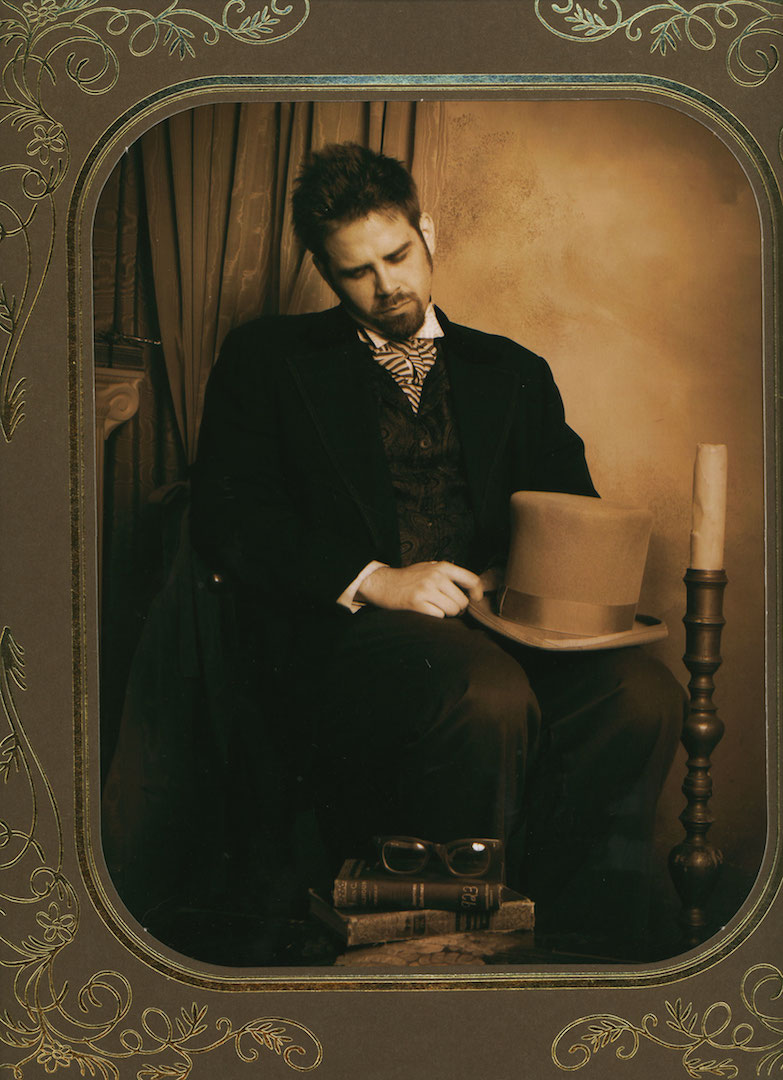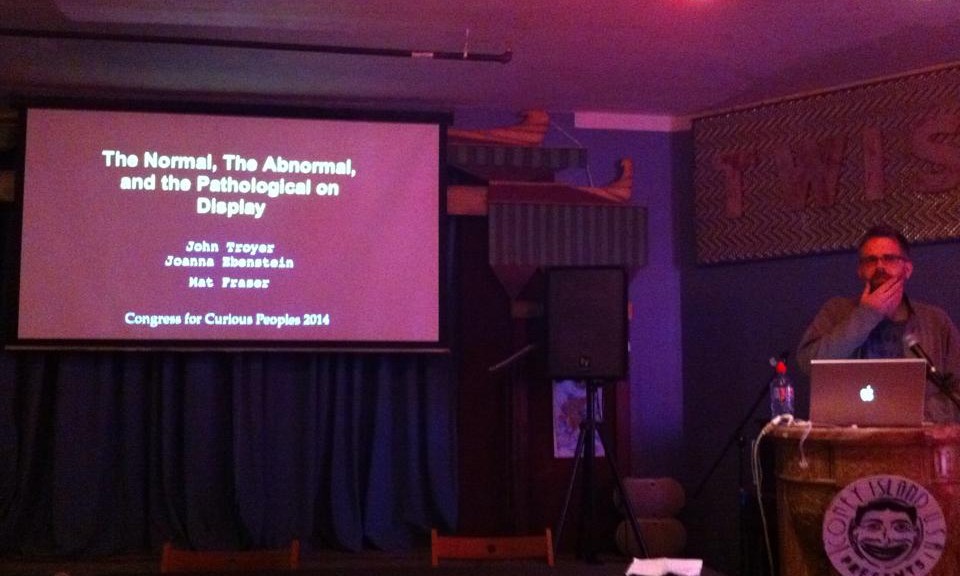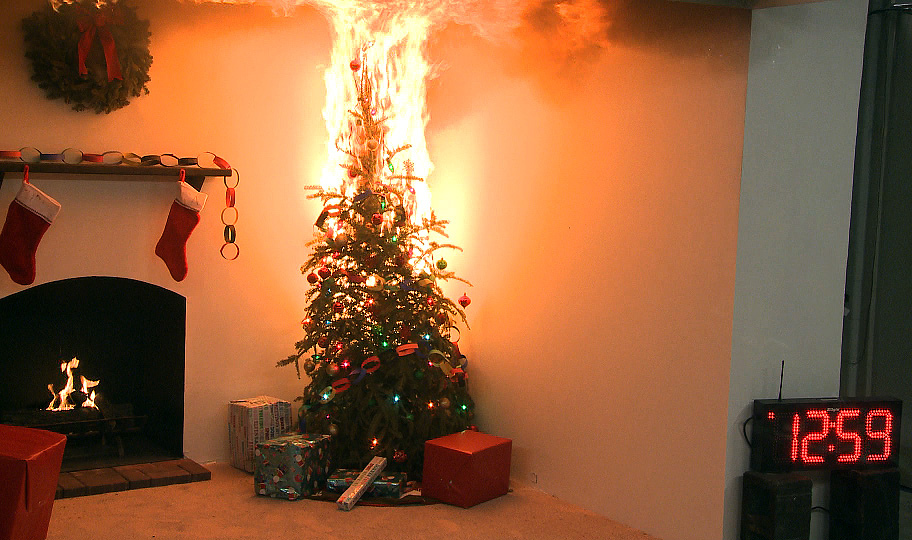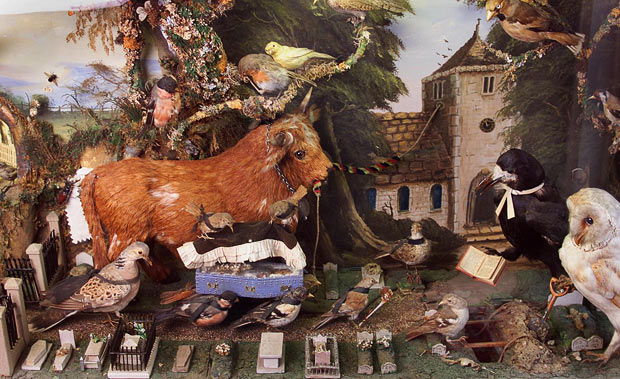2016 will very likely be remembered as the year of the Dead Celebrity. Prince was certainly a tough death for Death Ref.
And yet, a plethora of other articles and radio programmes on diverse death topics also appeared in 2016. This is not to belittle everything written about Dead Celebrities, but we here at the Death Reference Desk want to highlight some of the year’s most compelling pieces on non-celebrity death, dying, and dead bodies.
Death Ref started running a year end feature last year. As with the 2015 list, many of the 2016 pieces came from the New York Times, which continues to produce really good essays and articles on human mortality.
Collecting the 2016 material was a bit more systematic than last year. Throughout 2016 articles were placed in a folder that was then reviewed. By today, December 31, 2016, there were over forty different items in that folder.
What follows below is a sampling of those essays, articles, and radio stories.
It was good to see so many articles in 2016 about the legacy of AIDS and the political movements that formed around the Epidemic in the 1980s and 1990s. A couple of pieces towards the bottom of the 2016 list highlighted this forgotten, but crucial history. Death Ref also recommends that everyone signs-up for the BBC Radio 4 We Need To Talk About Death podcast. The shows started at the end of 2016 and will continue into 2017. Finally, we were saddened to learn that our good friends at the Morbid Anatomy Museum closed its doors in December. Death Ref John was the MAM’s Scholar in Residence in 2014 and you can read his essay about the Morbid Anatomy Museum here.
As with last year, that’s it for 2016. The Death Reference Desk (Meg, Kim, and John) all look forward to 2017 and what will most certainly be an unpredictable year for death.
For Martin Luther King’s Birthday, Black Leaders as Obituaries Portrayed Them
by Sam Roberts, New York Times (January 18, 2016)
To commemorate the birthday of the Rev. Dr. Martin Luther King Jr. — he would have been 87 — in advance of Black History Month in February, The New York Times culled its historical obituary files for a retrospective on how he and other prominent black Americans were regarded at their deaths.
Death Predicts if People Vote for Donald Trump
by Jeff Guo, Washington Post (March 04, 2016)
It seems that Donald Trump performed the best in places where middle-aged whites are dying the fastest.
Why Slaves’ Graves Matter
by Sandra Arnold, New York Times (April 02, 2016)
Those who lived through slavery were human beings, not abstractions.
When Your Mother’s Death Is Kept Secret From You
by Alexa Tsoulis-Reay, Science of Us (May 25, 2016)
The reverberating effects of hiding the truth.
Alton Sterling and When Black Lives Stop Mattering
by Roxanne Gay, New York Times (July 06, 2016)
Tiny cameras allow us to bear witness to injustice. What does that change?
Solving All the Wrong Problems
by Allison Arieff, New York Times (July 09, 2016)
Do we really need an app that lets us brew our coffee from anywhere?
‘Transfesto’ Launches to Tackle Transgender Discrimination After Death
by Jenny Marc, The Independent (June 30, 2016)
In 2016 researchers and activists in London released a ‘transfesto’, calling for greater awareness of issues faced by transgender, non-binary and gender nonconforming people after they die. The manifesto calls on the funeral industry to develop more trans-friendly practices and for official death-related paperwork to be more trans-inclusive. It also outlines plans to make trans-specific legal information more easily accessible.
THIRD human foot found in Bath, England
by Amanda Cameron, Bath Chronicle (August 05, 2016)
Another human foot has been discovered in Bath….(NB: Death Ref John lives in Bath and can’t get enough of these severed feet stories)
10 of the World’s Most Iconic Cemeteries, Mausoleums, and Crematoriums
by Demie Kim, Artsy (August 09, 2016)
Though we may think of cemeteries as transporting us to the past to remember and honor our loved ones, they have historically been spaces of innovation and reinvention in art, architecture, and design.
Death & The Maidens: Why Women are Working with Death
by Sarah Troop, Death and the Maiden (August 15, 2016)
Death & the Maiden’s co-founder, Sarah Troop, delves into the reasons underlying the current interest many women seem to have with death, and the rise of the Death Positive movement.
Playing God
by Radiolab (August 21, 2016)
When people are dying and you can only save some, how do you choose? Maybe you save the youngest. Or the sickest. Maybe you even just put all the names in a hat and pick at random. Would your answer change if a sick person was standing right in front of you?
On Assisted Suicide, Going Beyond ‘Do No Harm’
by Dr. Haider Javed Warraich, New York Times (November 04, 2016)
Fewer people experience a “natural death” anymore. Doctors should rethink their opposition to right-to-die laws.
LGBTQ Activist Cleve Jones: ‘I’m Well Aware How Fragile Life Is’
Terry Gross radio interview on Fresh Air (November 29, 2016)
Jones became an activist after Harvey Milk’s assassination, and he lost countless friends to the AIDS epidemic. He says, “There are some days when it is so painful that I really can barely function.”
The Reinvention of Radical Protest: Life on the Frontline of the AIDS Epidemic
by David France, The Guardian Long Read (November 29, 2016)
As reports of a mysterious plague swept through the gay community in the 1980s, activists developed shock tactics to get the support they desperately needed.
America Is Failing the Bad-Break Test and People Are Dying
by Jesse Singal, Science of Us (December 09, 2016)
The United States likes to view itself as a singular force of prosperity and opportunity, but by many public-health metrics — including infant mortality and preventable deaths and a variety of others — it doesn’t look like a top-tier world power.
The Rooms they Left Behind
by Mitch Epstein, New York Times Magazine (December 21, 2016)
After the deaths of these 10 notable people, The New York Times photographed their private spaces — as they left them.
We Need to Talk About Death
with Joan Bakewell, BBC Radio 4 (Ongoing Series started in December 2016 — download the Podcasts)
Joan Bakewell and her panel discuss death and dying, exploring the choices open to us and confronting the questions we fear the most.
